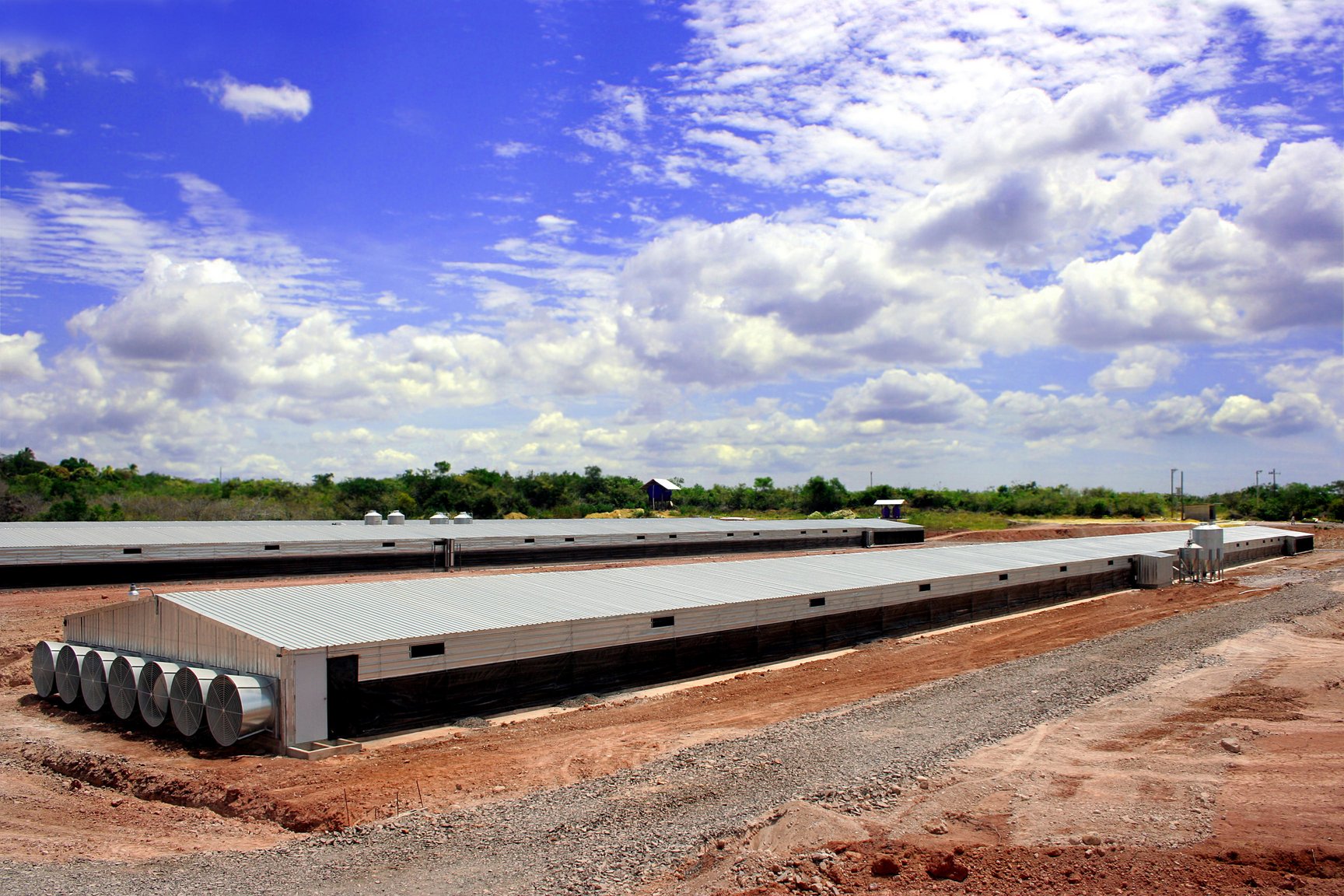Call Now for Expert Environmental Consulting
-
Working: 8.00am - 5.00pm
Call Now for Expert Environmental Consulting

At Riverbend Environmental, we understand the unique environmental challenges and opportunities within the agricultural sector. With a deep commitment to sustainability and a rich heritage of expertise, we are dedicated to providing comprehensive environmental solutions tailored to the specific needs of the agricultural community.
In the ever-evolving landscape of agriculture, balancing productivity with environmental stewardship is not just a goal – it’s a necessity. Our specialized services in environmental planning and permitting, local government support, NPDES water compliance, ecological services, and expert consulting are designed to ensure that your agricultural practices not only thrive but also contribute positively to the environment.
Agriculture enjoys certain exemptions from environmental regulations, particularly under the Georgia Erosion and Sedimentation Act. However, there are critical exceptions that agricultural businesses need to be aware of:
Georgia Erosion and Sedimentation Act: While this act generally exempts legitimate agricultural activities from requiring permits for land-disturbing activities, it's important to understand the scope and limitations of this exemption.
NPDES Construction Stormwater Permit and Agriculture: Agricultural activities are largely exempt, except for the construction of agricultural buildings. This includes poultry houses, commercial greenhouses, large barns, horse-riding arenas, etc., particularly where construction disturbs more than one acre.
Stream Buffer Requirements: Under the Georgia Erosion and Sedimentation Act, agriculture is exempt from stream buffer requirements. However, for activities like pond construction involving buffered state water, it's crucial to demonstrate that the activity is a legitimate agricultural practice, such as irrigation or livestock watering.
Georgia Water Quality Control Act Compliance: No activity, including agriculture, is exempt from the Georgia Water Quality Control Act. While adhering to sound agricultural practices typically avoids violations, there are scenarios where this could become a concern.



